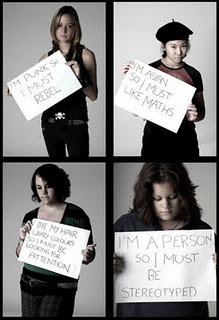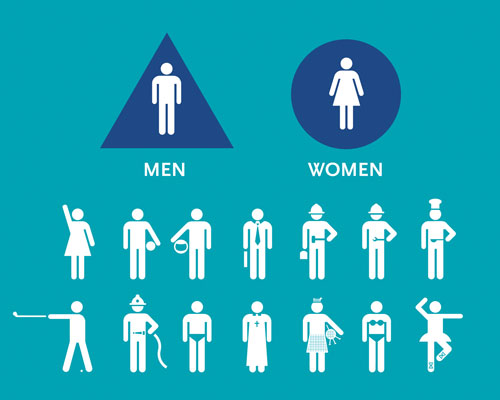If you were asked, ‘How do you reduce prejudice, prejudicial behavior, bias?’ how would you respond?
Just the other day I was asked this same question by a good friend who has been charged with teaching college sophomores something useful about how to, as she put it, think, feel and behave, in a diverse social environment.
It strikes me as a difficult and complex problem, and, also, one that is itself prone to being addressed in unreasonable and biased folk-psychological estimations of how, in effect, prejudice and bias can be said to operate.
Is the mitigation of prejudice against the opposite gender simply a matter of unlearning a pattern of response, or simply a matter of replacing this same pattern with a new behavior? My friend and I discussed empathy in terms of being the kind of ‘simulation’ that could serve this simple ‘replacement’ formula.

We moved onto consider bias being partly a consequence of inaccurate evaluation; with this possibly being a crucial aspect of a biased learned response. This seems, to me, closer to the developmental knot of bias, in that inaccuracies of evaluation often are straight-forward threads of such a knot.
This also allows for experiential approaches to revealing the evaluative aspects of how people experience different, other persons.
The following formula summarizes our intuition.
presence + ignorance + humility
= (more accurate evaluation) increased potential to reduce biases in evaluation
detail
presence: intentional focusing of external (object) awareness, while also being reflective and introspectively sensitive to emergent internal content (Note-Presence constitutes an active, vigilant behavior with respect to sub-conscious and automatic, or otherwise habitual, upwellings of inaccurate evaluation.)
ignorance: knowing ahead of time what you don’t know (Note-Ignorance contextualized by: knowing how one might both choicelessly and choicefully fill in the blanks with: prior knowledge; stereotypical knowledge; ad hoc knowledge; sub-conscious intuitions: prejudicial knowledge
humility: willing submission to being attentive without prior knowledge (Note-Submission is equivalent to also being willing and able to entertain an experiment through which one closely observes the nature of their own participation in their own experience of instantiating inaccurate evaluation.)

